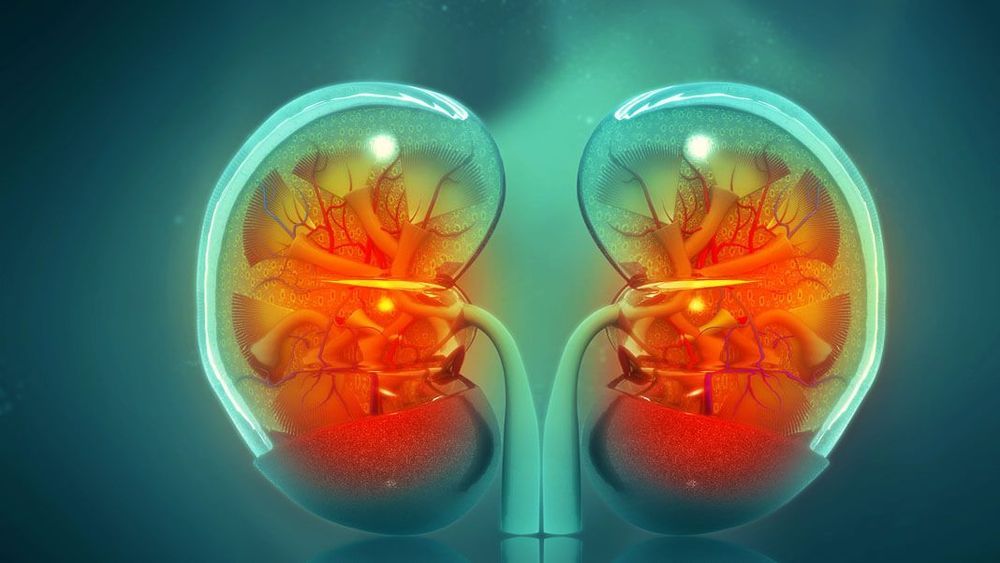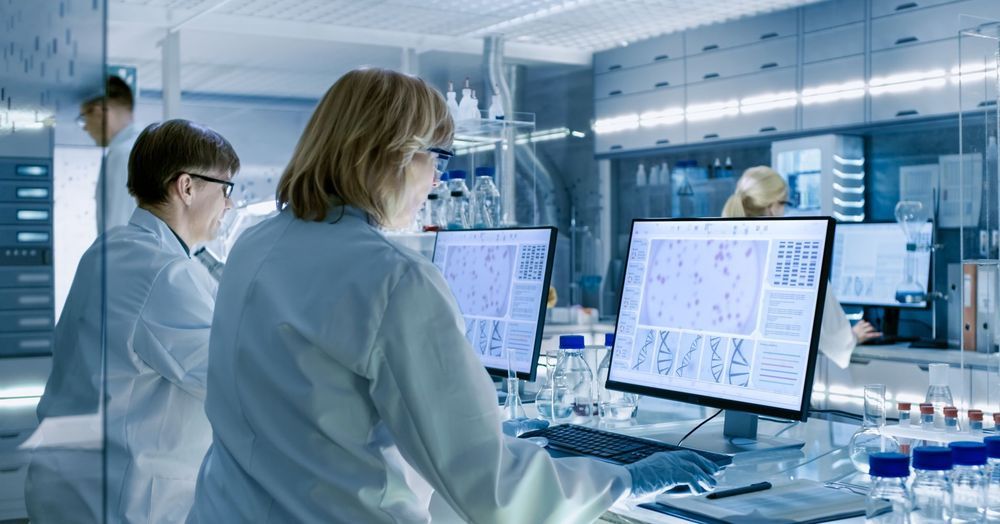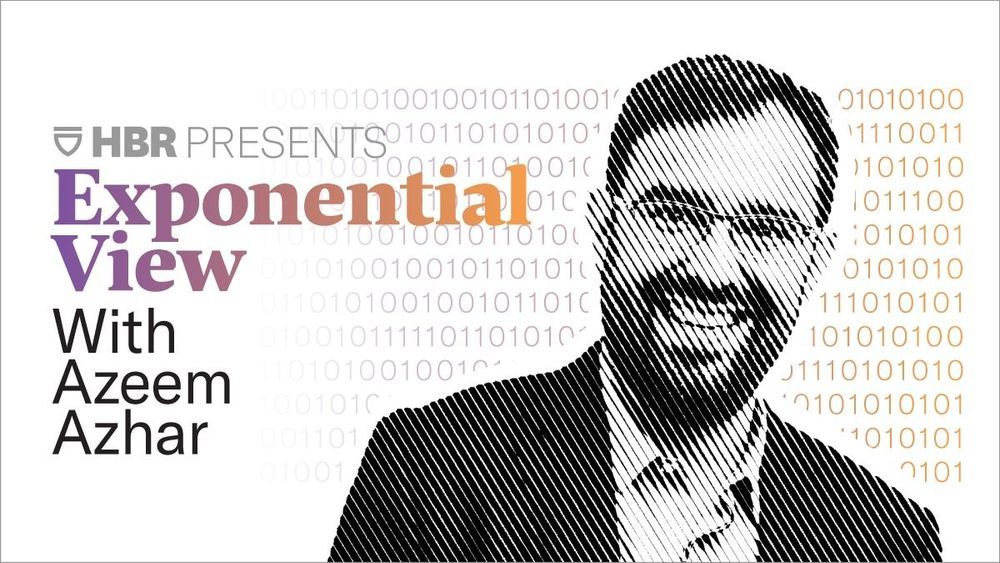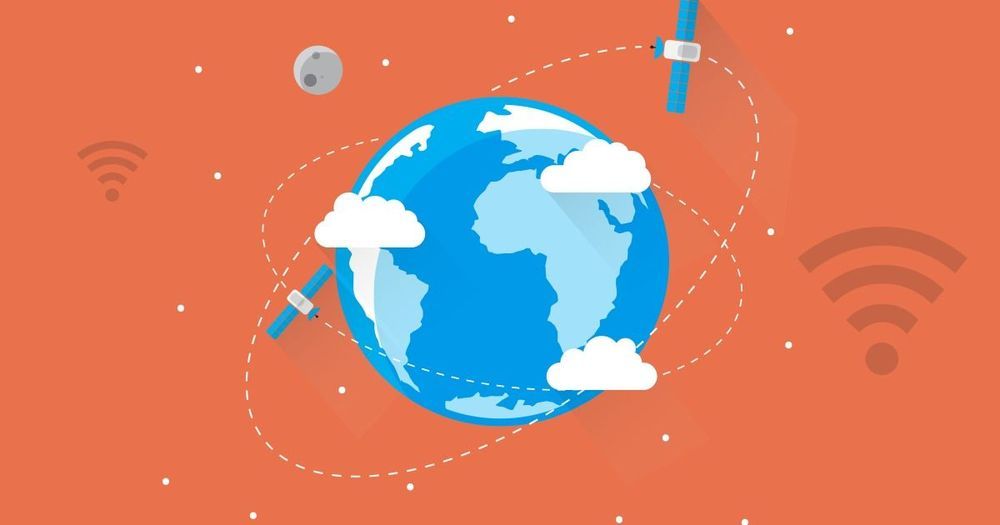The Aldabra white-throated rail, a flightless bird that lives on its namesake atoll in the Indian Ocean, doesn’t look like anything special at first glance. But the small bird has big bragging rights, because it has effectively evolved into existence twice after first going extinct some 136,000 years ago.
According to a study published Wednesday in the Zoological Journal of the Linnean Society, the rail is an example of a rarely observed phenomenon called iterative evolution, in which the same ancestral lineage produces parallel offshoot species at different points in time. This means that near-identical species can pop up multiple times in different eras and locations, even if past iterations have gone extinct.
Fossils of the flightless bird were found both before and after Albadra was submerged by an “inundation event” that occurred around 136,000 years ago, said study authors Julian Hume, an avian paleontologist at Natural History Museum in London, and David Martill, a paleobiologist at the University of Portsmouth.
Read more









